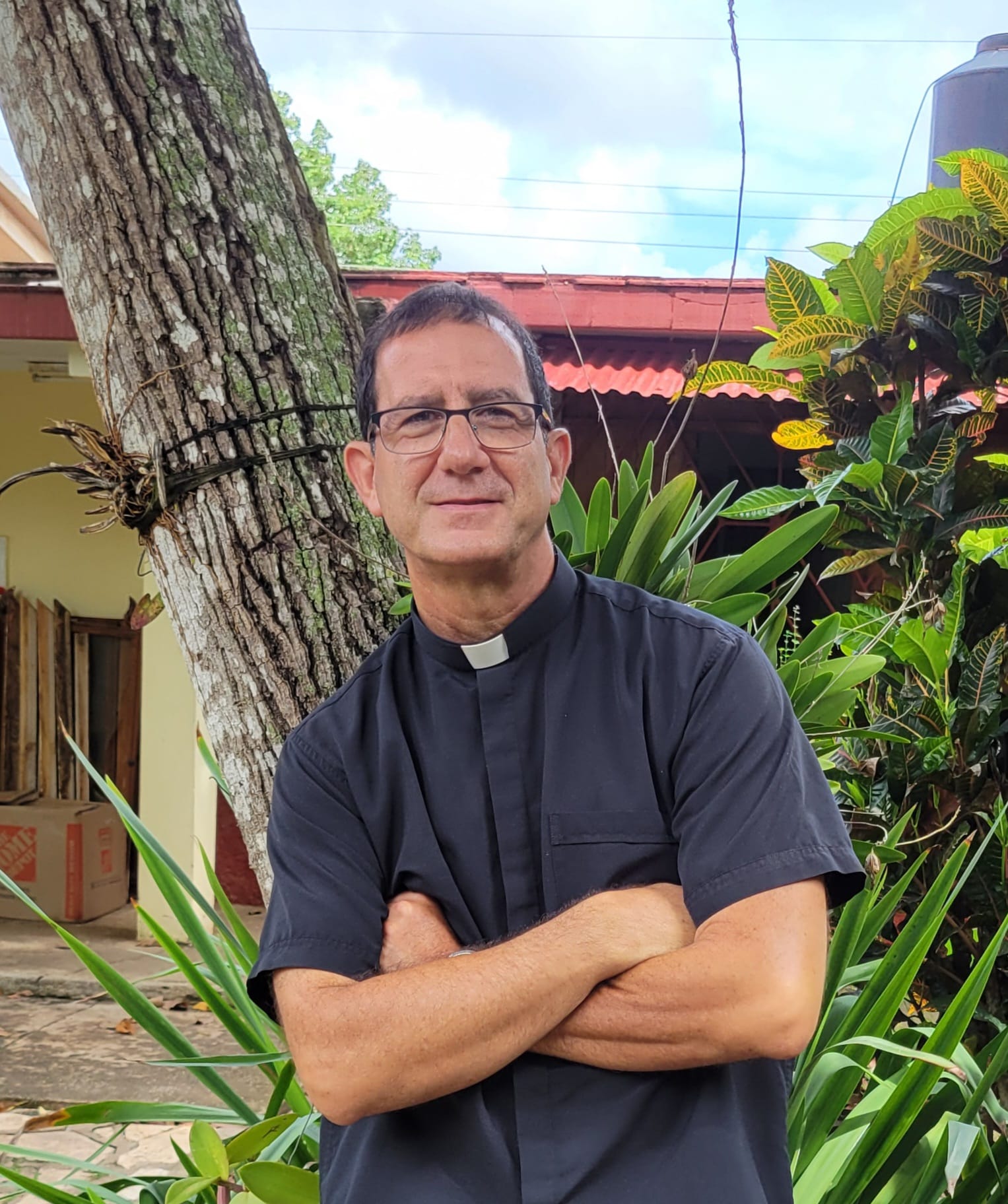
I’ve been thinking about a hypothesis
It is wise to distinguish between what is evident and what is assumed. What is evident is “what the camera records,” what reality presents to us. Everything else is interpretation, a hypothesis that may be true or not, but is still a guide for thinking and acting.
At this moment in Cuba in November 2025, it is evident that there is a nationwide health crisis, even if the Government has not officially declared a health emergency nor done anything significant to remedy it. We are in a health Crisis.Yet on the contrary,the government has announced the discussion of a package of measures which, if implemented, would make the life of the Cuban people much more painful and difficult. All this is in addition to the precarious situation due to food shortages, blackouts, and the collapse of the healthcare system, etc.
It is logical to ask not only why the Government appears so indifferent to the extreme suffering of our people, but also why its attitude seems aimed at making the life of the ordinary citizen even harder.
The sociologist and political scientist James C. Davies postulated that people do not usually rebel when they are at the worst point of misery, because there is resignation, fear, and lack of organization. Rebellion requires the situation to start improving for a while, in such a way that expectations of change grow and people begin to have hope for a better future.
When that improvement stops or suddenly reverses, rebellion occurs, because that fall after progress generates what he calls “relative deprivation,” something like, “we expected things to get better and suddenly it’s taken away from us.”
When things improve and then worsen, people see not only their present situation but also compare the now with what they expected to have if the improvement had continued. That “distance” between what they expected and what they actually have now is what produces the anger and indignation necessary for a massive public protest. Therefore, the key to a revolution is not absolute misery but broken expectations.
From this perspective, the conclusion is obvious: if the Government wants to avoid at all costs a rebellion like the protests that occurred on 11J, it cannot afford to allow any improvement that might encourage expectations and hopes.
Because when these collide at some point with a system that does not allow moving beyond a certain limit, the frustration may cause the people to rise up.
This is why hope must be crushed more and more, why life must be made harsher for people, abandoning them to their fate in sickness and destitution, and enacting laws from which they cannot escape and which make their existence even heavier.
But let us not forget that human beings are, by nature, surprising, and that beyond predictions, people may surprise themselves and one day rise up, looking at their misery and asking themselves, seriously: “Why do I have to keep living like this?” And from that question to the definitive “Enough already!”, there is only one step.
It’s just a hypothesis.
Comments powered by CComment